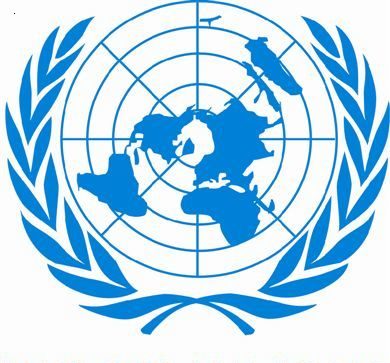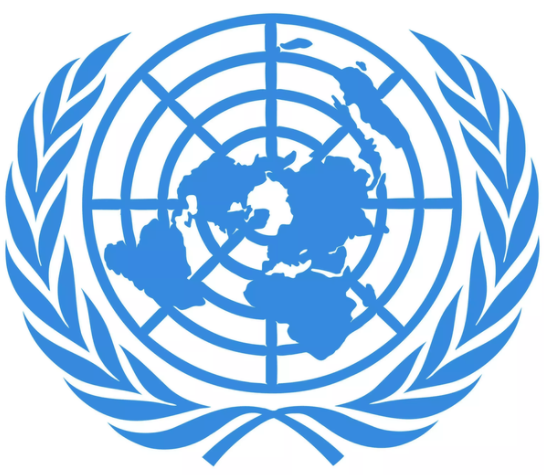June 25, 2021

Iran and other countries were notified in December that they were in arrears by so much that they would lose their voting rights if they did not pay up. Some countries swiftly paid up. But Iran and the Central African Republic both lost their voting rights in the 193-member General Assembly, the UN chief said in a letter circulated June 2.
In the letter to General Assembly President Volkan Bozkir, Secretary General Antonio Gu-terres said three other African countries Comoros, Sao Tome and Principe, and Somalia are also in arrears. But he noted the assembly passed a resolution saying they can still vote in the current session, which ends in September.
The UN Charter states that members whose arrears equal or exceed the amount of their contributions for the preceding two full years lose their voting rights. But it also gives the General Assembly the authority to decide “that the failure to pay is due to conditions beyond the control of the member,” and in that case a country can continue to vote.
Iranian Foreign Minister Mohammad-Javad Zarif sent an angry letter to Guterres saying, “Iran’s inability to fulfill its financial obligations to the United Nations is directly caused by ‘unlawful unilateral sanctions’ imposed by the United States to punish those who comply with a Security Council resolution.”
He complained that the UN secretariat “has unjustifiably chosen for the past three years to remain indifferent in the face of attempted mass starvation a crime against humanity by the United States.”
But Iran has continued to pay billions of dollars for all sorts of imports, so the complaint that sanctions make it impossible for Iran to pay its bills to the UN did not impress.
According to a statement by the UN General Assembly, as of January 13, 2021, ten member states were subject to the provisions of the Charter on losing voting privileges Iran, Central African Republic, Comoros, Congo, Libya, Niger, Sao Tome and Principe, Somalia, South Sudan and Zimbabwe.
Apart from Iran and the Central African Republic, the others either paid up or were given a pass by the General Assembly.
Iran’s Foreign Ministry spokesman Saeed Khatibzadeh said June 3 that Iran would soon pay its dues. He said nothing about UN sanctions impeding payment now.
Zarif, however, posted one tweet after another denouncing the US government for sanctions and the UN for ignoring them. In one tweet, Zarif said, “USA economic terrorism prevents Iran from paying for FOOD, let alone UN dues.” But the Customs Administration had just announced the billions of dollars’ worth of food that Iran imported in the preceding months.
Then, on June 11, Iran announced that it had proposed using Iranian funds frozen in South Korea to pay the dues. It said the UN had followed up with the United States, which approved that method. The US Treasury Department declined to acknowledge that, saying it “does not comment on specific licenses.” The UN simply said, “Iran has paid the minimum amount due,” without saying where the funds originated.
According to the secretary general’s letter, the minimum payments needed to restore voting rights were $16,251,298 for Iran and $29,395 for the Central African Republic.
Comoros needs to pay $871,632, Sao Tome and Principe $829,888, and Somalia $1,443,640 to reduce their arrears and avoid a possible cutoff of voting rights after September, the letter says.

